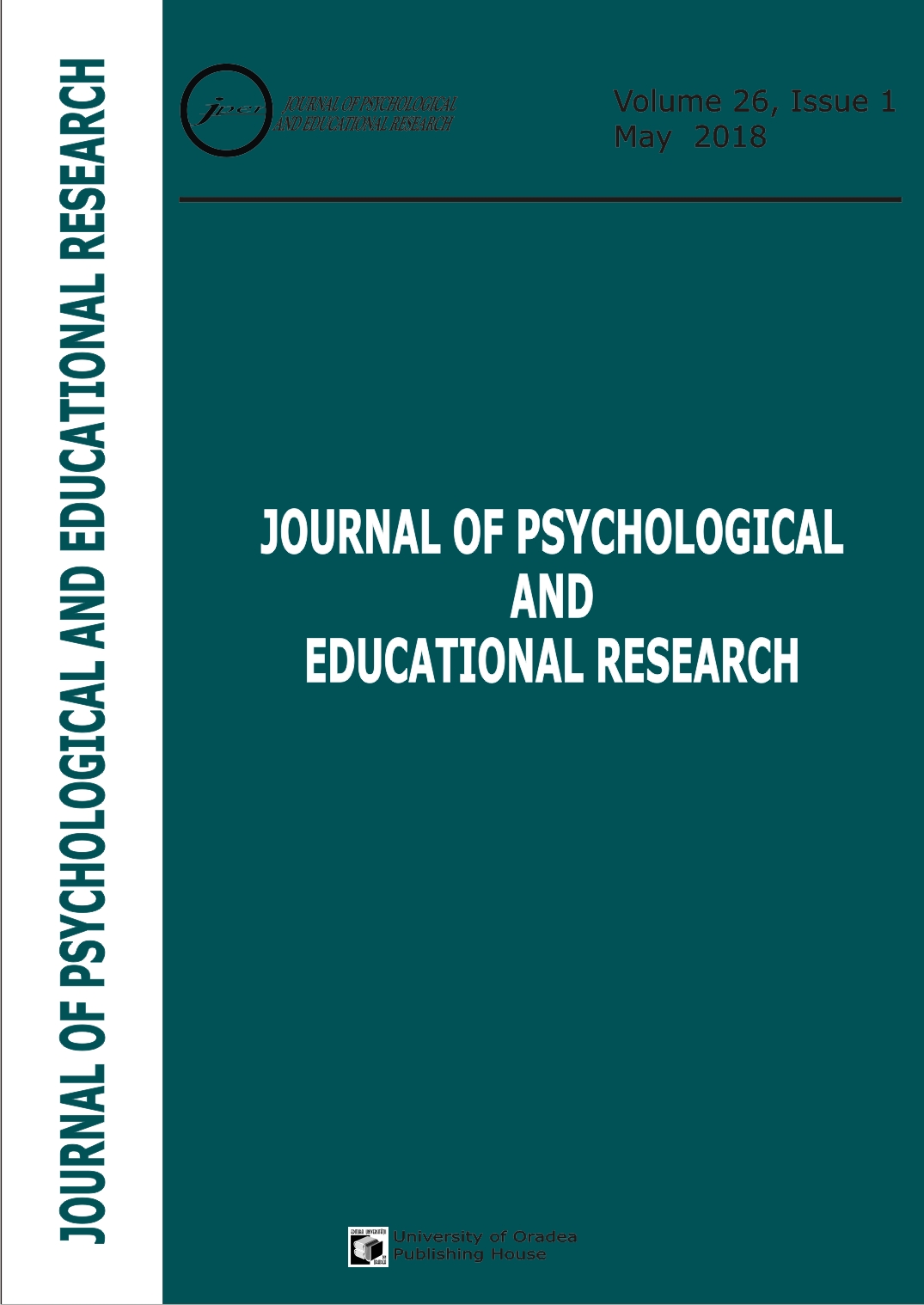Interactive problem solving: assessment and relations to combinatorial and inductive reasoning
Interactive problem solving: assessment and relations to combinatorial and inductive reasoning
Author(s): Hao Wu, Gyöngyvér MolnárSubject(s): Education, Psychology
Published by: Editura Universitatii din Oradea
Keywords: interactive problem solving; technology-based assessment; thinking skills; structural equation modeling
Summary/Abstract: This paper focuses on problem solving, especially interactive problem solving, and two types of reasoning: combinatorial reasoning and inductive reasoning. The purpose of the study is to examine the nature of interactive problem solving by (a) defining a two-dimensional measurement model of problem solving comprising two processes, knowledge acquisition and application; and (b) evaluating the relations among problem solving, combinatorial reasoning and inductive reasoning. The sample was drawn from 11-13 years old elementary school students in China (N=187). The data-gathering instruments were three tests measuring problem solving, combinatorial reasoning and inductive reasoning. All three tests were delivered to students via the eDia online assessment platform. Structural equation modeling was used to test for dimensionality and relationships. The internal consistencies of the assessment were good. Cronbach’s alpha for each test varied between .79 and .94. In the dimensionality testing, problem solving showed a significantly better model fit (p<.05) with the two-dimensional model consisting of knowledge acquisition and knowledge application. Moreover, the analysis indicated that problem solving acquired a strong predicting effect from combinatorial reasoning, and a moderate but significant effect from inductive reasoning. In addition, combinatorial reasoning showed a strong correlation with inductive reasoning. The results indicated that problem solving is a multi-dimensional cognitive process involving specific thinking skills. The findings contribute to defining the construction and components of problem solving, suggest that schools should focus on reasoning skills training to assist with students’ problem-solving ability development.
Journal: Journal of Psychological and Educational Research (JPER)
- Issue Year: XXVI/2018
- Issue No: 1
- Page Range: 90-105
- Page Count: 16
- Language: English

